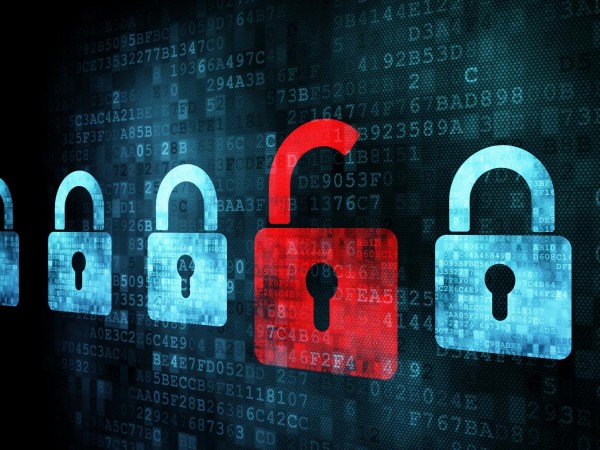
Advertisement
(Cyberwar.news) On the heels of a legal battle between Apple, Inc., and the FBI over gaining access to an iPhone used by one of the San Bernardino terrorists, a Senate panel is devising legislation that would require technology companies to build so-called “backdoors” into their devices so that they would be accessible to government intelligence and law enforcement agencies.
According to a draft version of the bill, it would effectively prohibit the manufacture and sale of electronic devices that contained unbreakable encryption by requiring technology companies to assist the federal government in accessing data on computers or mobile devices with a warrant.
As reported by The Associated Press, the draft is being finalized by the chairman of the Senate Intelligence Committee, Sen. Richard Burr, R-N.C., and the panel’s top Democrat, Sen. Dianne Feinstein of California.
In a statement, the senators said their goal was to ensure tech companies adhered to court orders that require them to assist law enforcement or providing decrypted information.
“No individual or company is above the law,” they said in the statement. The AP noted that it wasn’t immediately clear when the bill would be introduced.
More:
- FBI chief says outside hacking tool only works on ‘narrow slice’ of iPhones
- NSA chief defends the use of encryption software without backdoor for govt. snoops
- Federal agencies rushing to close backdoor in IT equipment installed by cyber spies
The language of the draft legislation did run into some opposition, however, from committee member Sen. Ron Wyden, D-Ore., who said the proposal requires “American companies to build a backdoor” into their devices. Some encryption experts have said backdoors make it easier for hackers to access them. Even the head of the National Security Agency, Adm. Mike Rogers, argued against backdoors, saying in January that encryption is “foundational to the future.”
“They would be required by federal law per this statute to decide how to weaken their products to make Americans less safe,” Wyden said, pledging to do “everything in my power” to prevent the plan from passing.
The proposed bill comes on the heels of the Justice Department’s legal fight with Apple Inc. over access to an encrypted and locked iPhone used by one of the San Bernardino, Calif., terrorists. The legal battle pitted digital privacy rights against national security concerns.
The Justice Department was attempting to compel Apple to develop technology that would allow it to break into the locked iPhone; eventually, the FBI found a private contractor to accomplish the task, so the Justice Department dropped its case.
See also:
Cyberwar.news is part of the USA Features Media network. Follow us on Google+.
Submit a correction >>
This article may contain statements that reflect the opinion of the author
Advertisement
Advertisements















